Hyundai Kona vs smart #3 - Differences and prices compared
Compare performance (218 HP vs 428 HP), boot space and price (23100 £ vs 34700 £ ) at a glance. Find out which car is the better choice for you – Hyundai Kona or smart #3?
Costs and Efficiency:
Looking at overall running costs, both models reveal some interesting differences in everyday economy.
Hyundai Kona has a convincingly advantage in terms of price – it starts at 23100 £ , while the smart #3 costs 34700 £ . That’s a price difference of around 11648 £.
In terms of energy consumption, the advantage goes to the Hyundai Kona: with 14.60 kWh per 100 km, it’s somewhat more efficient than the smart #3 with 16.30 kWh. That’s a difference of about 1.70 kWh.
As for electric range, the Hyundai Kona performs to a small extent better – achieving up to 514 km, about 59 km more than the smart #3.
Engine and Performance:
Power, torque and acceleration say a lot about how a car feels on the road. This is where you see which model delivers more driving dynamics.
When it comes to engine power, the smart #3 has a decisively edge – offering 428 HP compared to 218 HP. That’s roughly 210 HP more horsepower.
In acceleration from 0 to 100 km/h, the smart #3 is significantly quicker – completing the sprint in 3.70 s, while the Hyundai Kona takes 7.80 s. That’s about 4.10 s faster.
In terms of top speed, the Hyundai Kona performs to a small extent better – reaching 210 km/h, while the smart #3 tops out at 180 km/h. The difference is around 30 km/h.
There’s also a difference in torque: smart #3 pulls significantly stronger with 584 Nm compared to 265 Nm. That’s about 319 Nm difference.
Space and Everyday Use:
Cabin size, boot volume and payload all play a role in everyday practicality. Here, comfort and flexibility make the difference.
Both vehicles offer seating for 5 people.
In curb weight, Hyundai Kona is evident lighter – 1370 kg compared to 1780 kg. The difference is around 410 kg.
In terms of boot space, the Hyundai Kona offers distinct more room – 466 L compared to 370 L. That’s a difference of about 96 L.
In maximum load capacity, the Hyundai Kona performs to a small extent better – up to 1300 L, which is about 140 L more than the smart #3.
When it comes to payload, Hyundai Kona slight takes the win – 490 kg compared to 450 kg. That’s a difference of about 40 kg.
Who wins the race in the data check?
The smart #3 is clearly superior overall in the objective data comparison.
This result only shows which model scores more points on paper – not which of the two cars feels right for you.
Costs and Consumption
View detailed analysis
Engine and Performance
View detailed analysis
Dimensions and Body
View detailed analysis
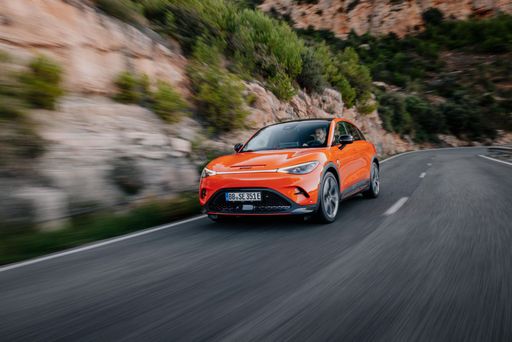
smart #3
Hyundai Kona
The Hyundai Kona wears its personality on the outside with bold styling and sprightly handling that turns city driving into something a little more fun than a commute. It blends practical space, modern tech and sensible running costs into a compact, stylish package — a smart pick if you want flair without paying luxury prices.
details



smart #3
The Smart #3 turns the brand's cheeky city-car attitude into a grown-up compact SUV, pairing sleek styling with a surprisingly roomy, well-made interior. It's a brilliant pick for buyers who want electric ease without dullness — practical enough for daily life, but still lively enough to make parking and grocery runs feel a little fun.
details
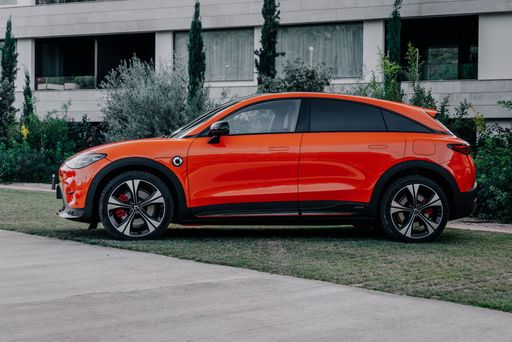
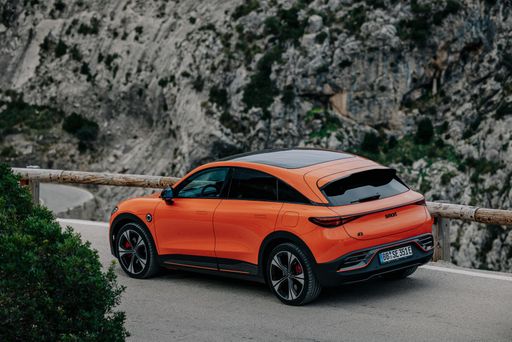
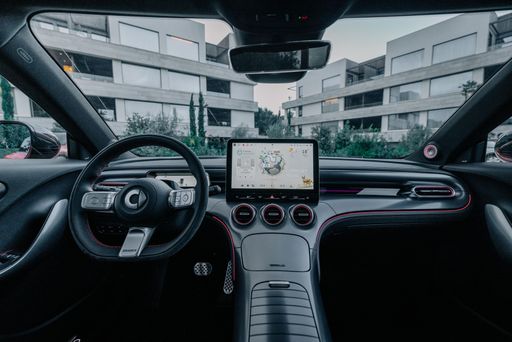
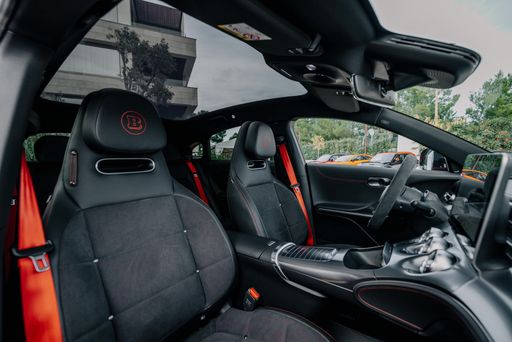
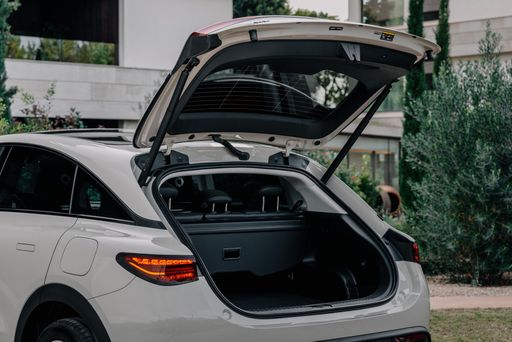
Costs and Consumption |
|
|---|---|
|
Price
23100 - 41600 £
|
Price
34700 - 45800 £
|
|
Consumption L/100km
4.6 - 7 L
|
Consumption L/100km
-
|
|
Consumption kWh/100km
14.6 - 16.8 kWh
|
Consumption kWh/100km
16.3 - 17.6 kWh
|
|
Electric Range
377 - 514 km
|
Electric Range
325 - 455 km
|
|
Battery Capacity
1.3 - 65.4 kWh
|
Battery Capacity
47 - 62 kWh
|
|
co2
0 - 163 g/km
|
co2
0 g/km
|
|
Fuel tank capacity
38 - 47 L
|
Fuel tank capacity
-
|
Dimensions and Body |
|
|---|---|
|
Body Type
SUV
|
Body Type
SUV
|
|
Seats
5
|
Seats
5
|
|
Doors
5
|
Doors
5
|
|
Curb weight
1370 - 1773 kg
|
Curb weight
1780 - 1910 kg
|
|
Trunk capacity
466 L
|
Trunk capacity
370 L
|
|
Length
4350 - 4385 mm
|
Length
4400 mm
|
|
Width
1825 mm
|
Width
1844 mm
|
|
Height
1580 - 1585 mm
|
Height
1556 mm
|
|
Max trunk capacity
1300 L
|
Max trunk capacity
1160 L
|
|
Payload
420 - 490 kg
|
Payload
419 - 450 kg
|
Engine and Performance |
|
|---|---|
|
Engine Type
Electric, Petrol, Full Hybrid
|
Engine Type
Electric
|
|
Transmission
Automatic, Manuel
|
Transmission
Automatic
|
|
Transmission Detail
Reduction Gearbox, Manual Gearbox, Dual-Clutch Automatic
|
Transmission Detail
Reduction Gearbox
|
|
Drive Type
Front-Wheel Drive, All-Wheel Drive
|
Drive Type
Rear-Wheel Drive, All-Wheel Drive
|
|
Power HP
115 - 218 HP
|
Power HP
272 - 428 HP
|
|
Acceleration 0-100km/h
7.8 - 11.9 s
|
Acceleration 0-100km/h
3.7 - 5.8 s
|
|
Max Speed
162 - 210 km/h
|
Max Speed
180 km/h
|
|
Torque
200 - 265 Nm
|
Torque
343 - 584 Nm
|
|
Number of Cylinders
3 - 4
|
Number of Cylinders
-
|
|
Power kW
85 - 160 kW
|
Power kW
200 - 315 kW
|
|
Engine capacity
998 - 1598 cm3
|
Engine capacity
-
|
General |
|
|---|---|
|
Model Year
2024 - 2025
|
Model Year
2023 - 2025
|
|
CO2 Efficiency Class
A, D, C, E, F
|
CO2 Efficiency Class
A
|
|
Brand
Hyundai
|
Brand
smart
|
Is the Hyundai Kona offered with different drivetrains?
Available configurations include Front-Wheel Drive or All-Wheel Drive.
